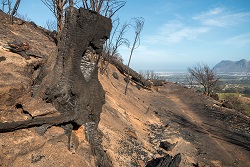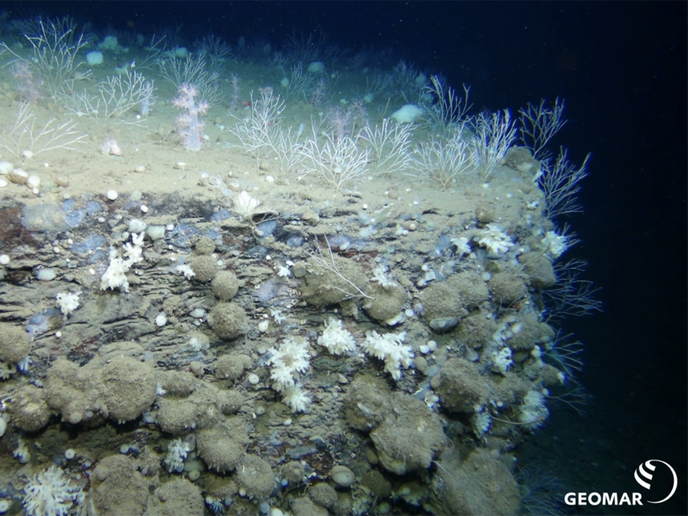Preventing and remediating soil degradation in Europe
Soil degradation is a worrying phenomenon worldwide, and the EU makes no exception. A considerable amount of all Europe's land surface is already subject to erosion that affects over 100 000 hectares per year, while soil sealing (the permanent covering of soil by buildings and infrastructures) leads to the loss of more than 1 000 square kilometres of productive land each year. Given that soil formation is an extremely slow process, fertile soils should be adequately monitored, protected and conserved to ensure that food production capacity and other important soil functions are not lost or diminished. With the importance of soil in mind, the EU-funded RECARE (Preventing and Remediating degradation of soils in Europe through Land Care) project was launched in November 2013 to develop effective prevention, remediation and restoration measures. Although there is a large body of knowledge available on soil threats in Europe, this knowledge is fragmented and incomplete. Europe’s nine soil threats Soil degradation is caused by a mixture of biophysical, socio-economic and political factors, all of which vary across Europe. Therefore, a total of 17 case study areas were examined to find appropriate responses by combining global expertise with local knowledge. Soil experts provided an extensive overview of the threats that impact agricultural productivity and the environment. The defined soil threats are erosion, salinisation, compaction, sealing, desertification, floods and landslides, which result in loss of organic matter and fertility, contamination and a decline in soil biodiversity. “Not only did RECARE define the threats to soil, it also gave descriptions of soil degradation, key indicators, methods to assess the threat, effects on other soil threats, and the effects on soil functions,” explains project coordinator Prof. Coen Ritsema. RECARE also produced a review of potential measures that can be applied to combat these soil threats. For example, in a small mountainous region in Switzerland, where soil erosion by water – either by means of rain splash or by rill and gully erosion – is frequent, researchers have used a device called a Dyker to produce small dams between ploughing furrows in potato fields. Results clearly show fewer signs of erosion compared to untreated furrows. The project also examined the risk of post-fire erosion in an arid mountainous region of Portugal, where prolonged dry summers can lead to wildfires. Recent field trials in the Portuguese case study area revealed that mulching with forest logging residues, which are widely available in the region, is extremely effective in reducing erosion in recently burnt areas. In Norway, erosion caused by flooding and landslides is a major soil threat, as floods cause a remarkable increase in both suspended sediment and nutrient loads. The case study showed that retention dams in forest areas can successfully prevent fast and excessive water discharge in rivers. Research in Cyprus focused on soil erosion in a steep mountainous terrain; around some small rural mountain communities, large areas have been converted into agricultural terraces. However, due to the decreasing population in these areas and high production costs, many terraces are no longer cultivated and maintained. This can sometimes cause a domino effect of collapsing terrace walls. The Cyprus research team involved a wide variety of stakeholders to rehabilitate dry-stone retention walls that proved effective in preventing soil erosion. “RECARE tested and shared a wide array of effective solutions for prevention, remediation and restoration measures in the battle against soil threats,” states Prof. Ritsema. The project’s soil management strategies are expected to protect soils and related ecosystem services in different areas across all of Europe over the long term. Although the initiative is not yet complete, the latest project results can be found at a dedicated RECARE information hub. Research outputs are freely available to scientists and all those working with and advising on soil protection, to the benefit of all.
Keywords
RECARE, soil threats, Europe, soil degradation, soil erosion







